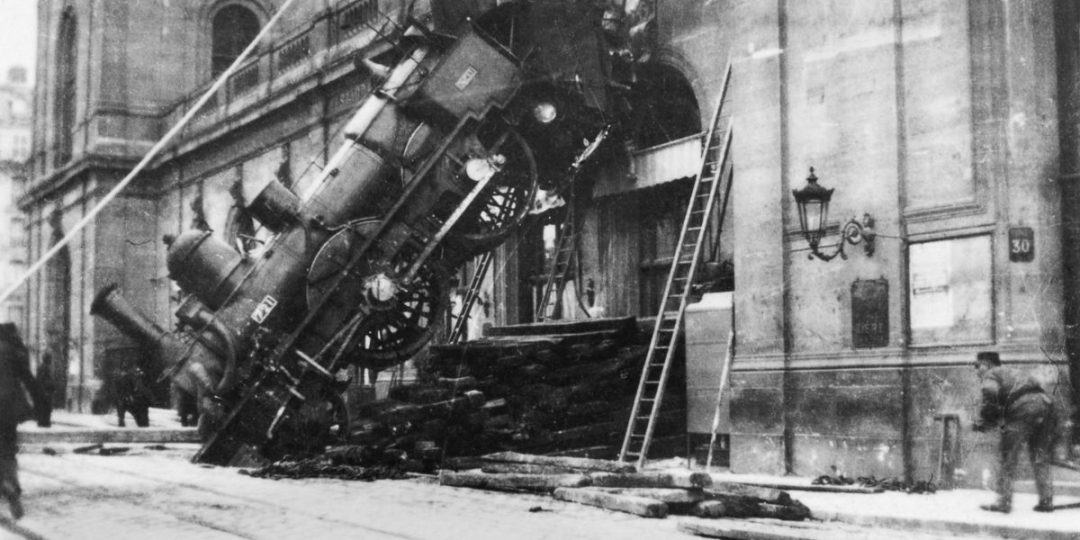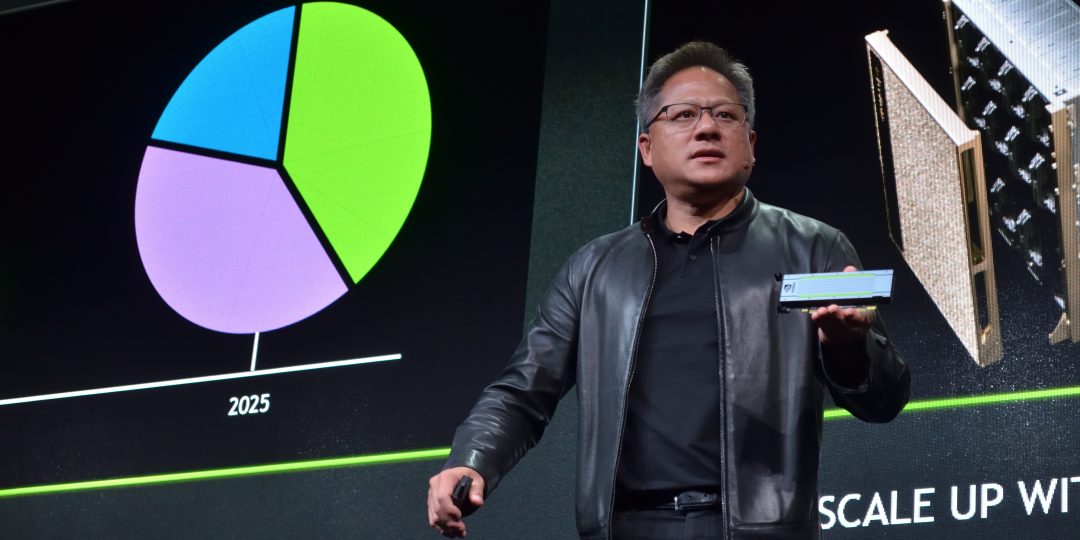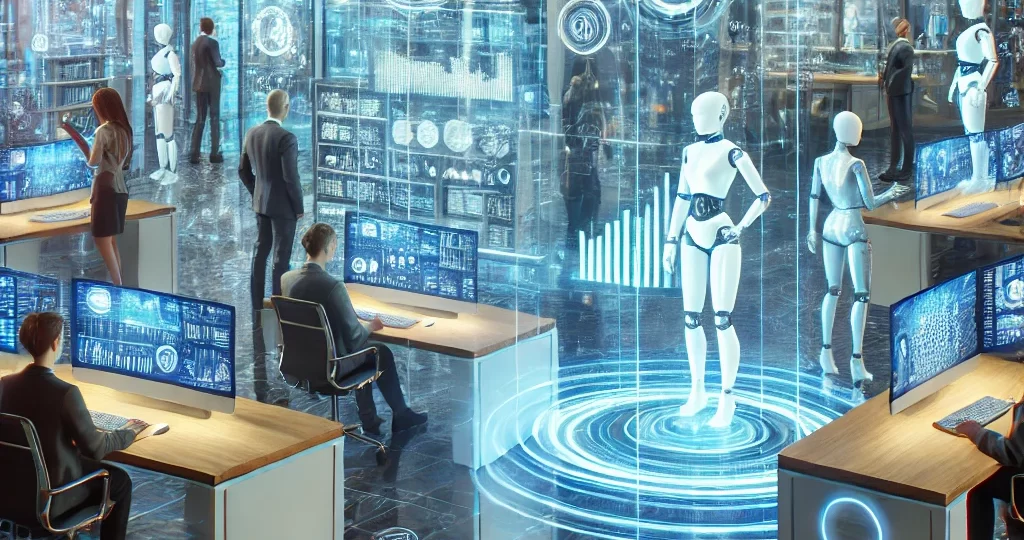The tech industry’s golden era is ending—not with a bang but with desperate monetisation schemes. Windows isn’t just Microsoft’s bad habit; it’s the nicotine delivery system for an entire industry refusing to evolve beyond outdated business models that no longer fit our increasingly complex technological landscape.
Continue readingCategory: Topics
Eye of the Master
There’s no shortage of books about artificial intelligence right now. Most fall into one of two camps: breathless optimism or existential dread. The Eye of the Master is something else entirely—a rare and rigorous exploration of how we got here.
This is one of the most illuminating books I’ve read on the current wave of AI. Pasquinelli doesn’t waste time on hype or speculation. Instead, he takes us back to the intellectual roots of machine learning—tracing how ideas from neuroscience, cybernetics, psychometrics, and even art history quietly shaped the architecture of neural networks and the metaphors we use to describe them.
Continue readingAbundance
Klein, Ezra. Abundance. 1st ed. New York Amsterdam Antwerpen: Avid Reader Press, 2025. We’re in the middle of a crisis of constraint—affordable housing, aging infrastructure, fragmented […]
Continue readingThe Geography of Desire
Privacy, Commute, and the Making of the Housing Crisis We talk a lot about zoning, construction costs, NIMBYism—but these are symptoms, not causes. The Geography of […]
Continue readingNVIDIA is a long-term bet against Moores’ Law
The abridged version of my latest Substack post. You can find the full essay as NVIDIA is a long-term bet against Moores’ Law on The Puzzle and its […]
Continue readingThe Great Unraveling
The tech industry is transitioning from high-margin, high-growth to low-margin, low-growth, greatly contributing to the market ‘chaos’ we’re experiencing. After decades in of optimising processes within closed ecosystems, we’ve hit the limits of this approach.
Continue readingLet Generative AI Be Itself, Not an Imitation Human
The first proper post is up on the Substack, Let Generative AI Be Itself, Not an Imitation Human.
Continue readingBook Updates Moving to Substack
For those following my book-related posts, I’m making a slight change to how I share this work. To better organise this expanding body of work, I’ve recently launched a Substack newsletter where I’ll be sharing book excerpts, work-in-progress concepts, and applications of the analytical framework I’m developing.
Continue readingThe Longevity Imperative
Scott, Andrew J. The Longevity Imperative: How to Build a Healthier and More Productive Society to Support Our Longer Lives. First U.S. edition. New York: Basic Books, 2024.
I’ve been following Prof. Scott’s work for some time and was glad when The Longevity Imperative was published as it provides an overview of the demographic change we’re in the midst of. While discussions about aging populations often frame demographic shifts as a crisis to be managed, particularly in policy and business forums, what’s refreshing about Prof. Scott’s work, and this book in particular, is that we can also frame this demographic shift as an opportunity.
Continue readingThe Way We Eat Now
Wilson, Bee, and Annabel Lee. The Way We Eat Now: Strategies for Eating in a World of Change. London: 4th Estate, 2019.
I discovered Bee Wilson through Consider the Fork, an excellent ‘history of how we cook and eat’ that draws heavily on Kranzberg’s Laws. Recently, I came across The Way We Eat Now, first published in 2019. While Consider the Fork examines the evolution of kitchen technology, this book explores how our relationship with food—and related cultural practices—has changed over time.
Continue reading




